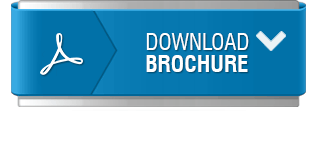
Biography
Biography: Kimberly B. Fields
Abstract
The University of South Florida (USF), with an undergraduate enrollment of 31,000 students, has a vibrant study abroad program involving hundreds of students, dozens of faculty, and over 60 countries. We have developed and administer a STEM study abroad program called USF Science in Florence which is centered in Florence, Italy. Traditionally, study abroad programs do not include chemistry, physics, or physician observation/comparative health care systems courses – that are completely in line with the students’ STEM major. In our study abroad program, Organic Chemistry I & II, Physics I with Calculus, and General Biochemistry are taught with the same rigor as when those courses are taught during the standard semester. This affords STEM majors the ability to stay on track for their respective degrees while experiencing study abroad. The study abroad experience is viewed positively by prospective employers and post-graduate program selection committees. Our STEM study abroad program is called Science in Florence and is centered in Florence, Italy.
The class sizes are small (30 students or less) with many more opportunities for individualized instruction and support than the typical USF on-campus experience. The courses offered in Florence, usually are high-enrollment courses (200-300 students per lecture) when taught in Tampa, FL. Field learning excursions to reinforce course learning objectives are incorporated as much as possible. Tours to local establishments take place weekly and include Officina Profumo – Farmaceutica di Santa Maria Novella, the Museo Galileo, and Fattoria di Maiano. Discussion of relevant scientific topics dovetail nicely with topics in chemistry. Feedback from students involved are overwhelmingly positive of the program

